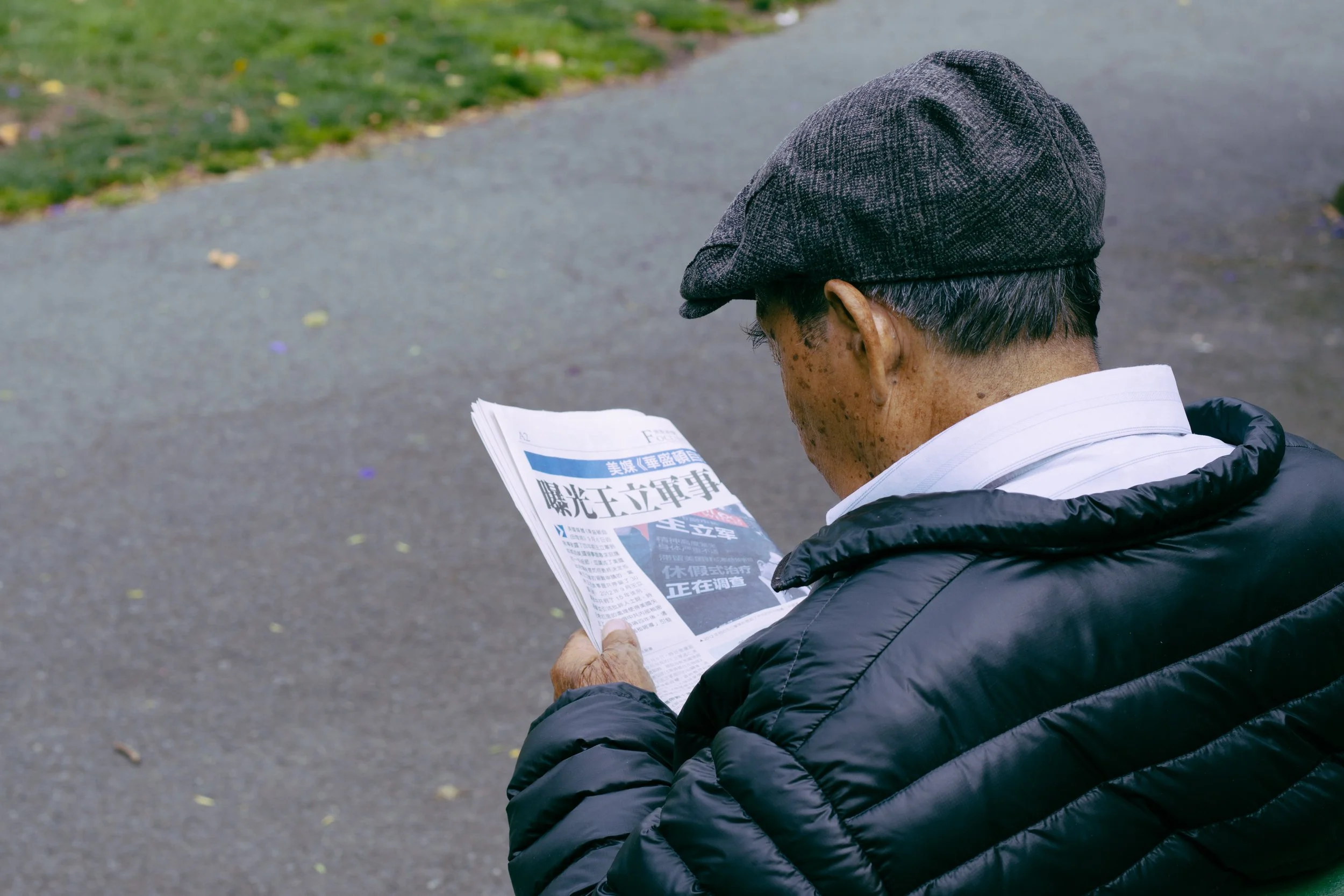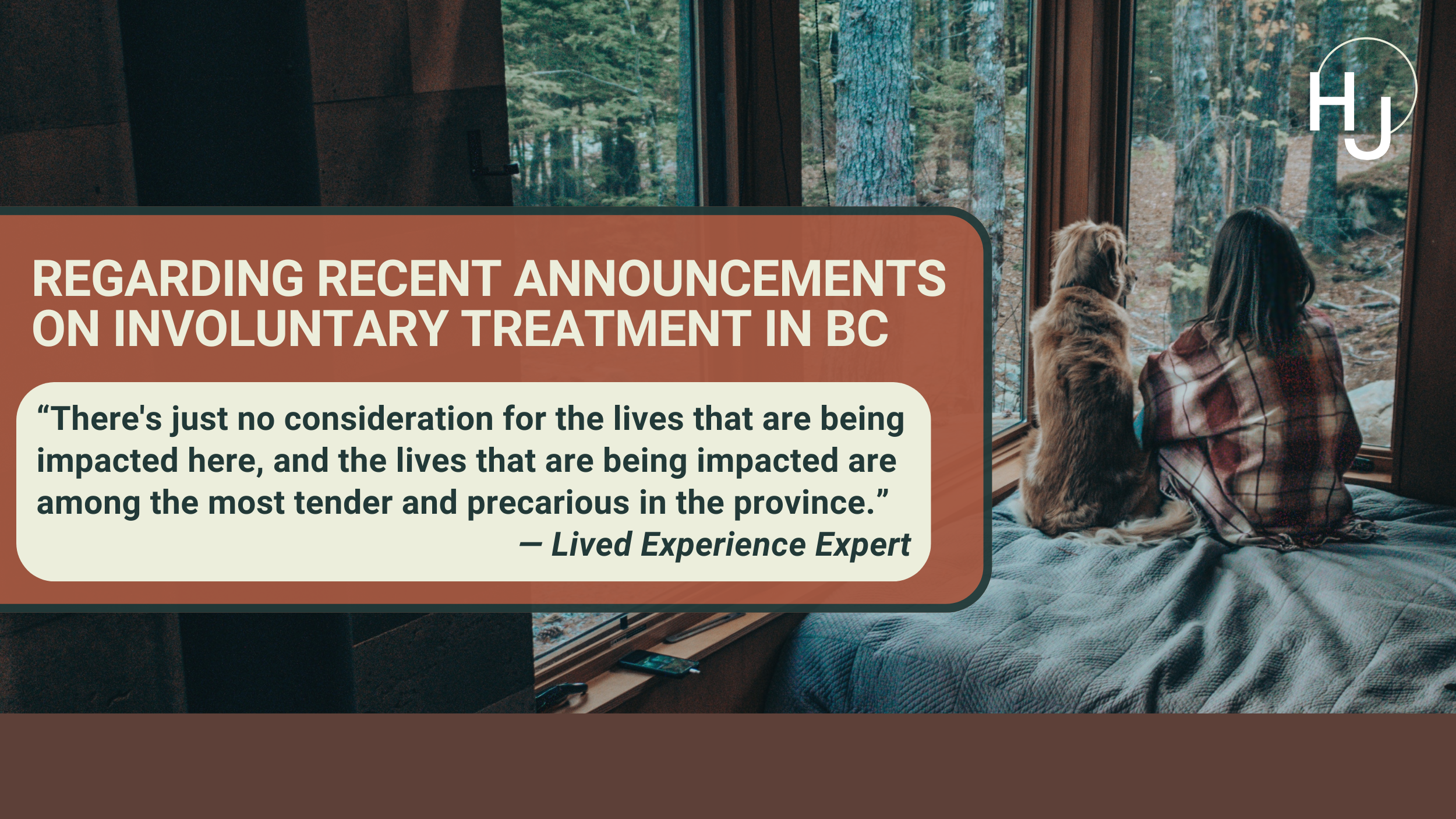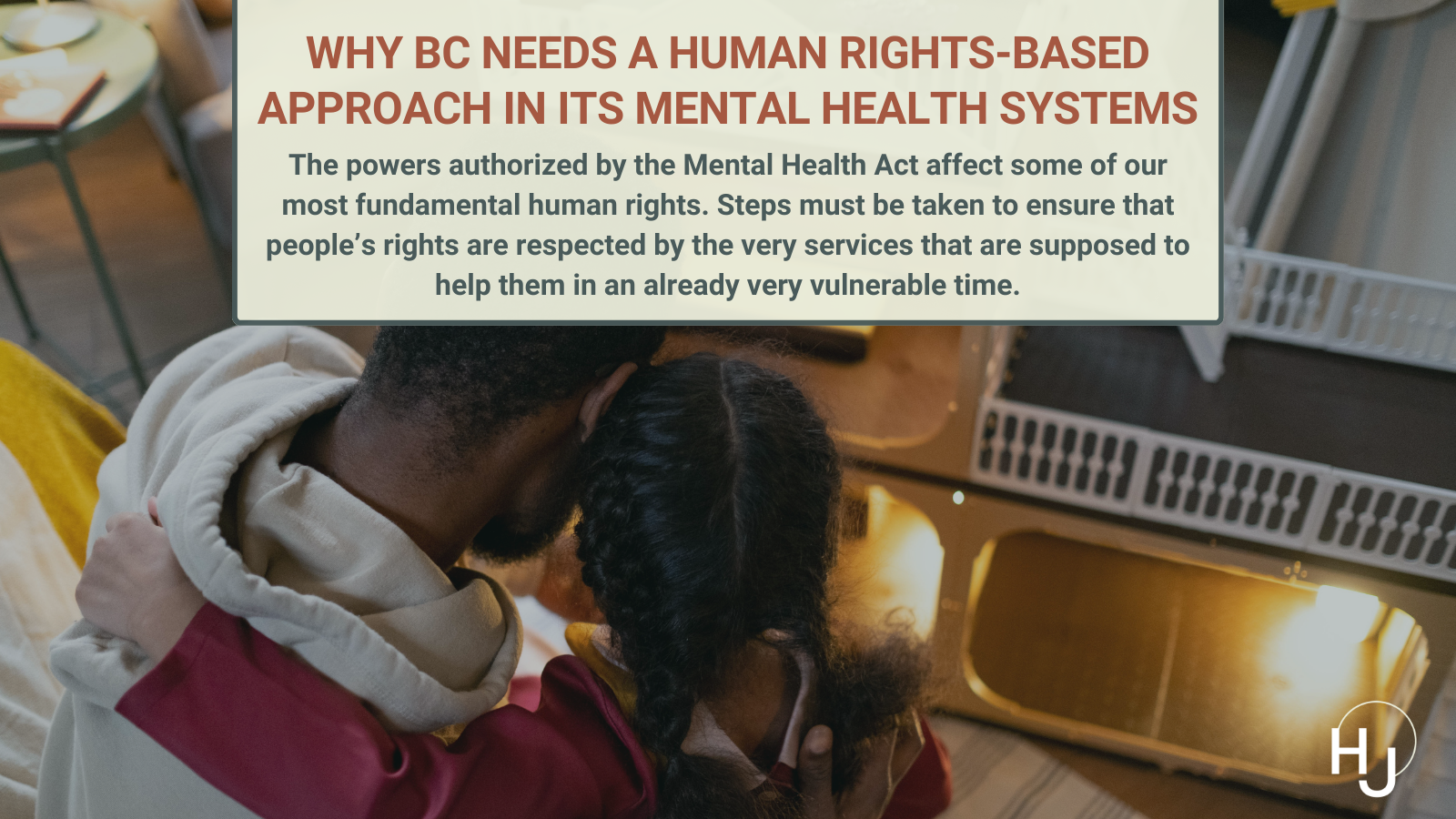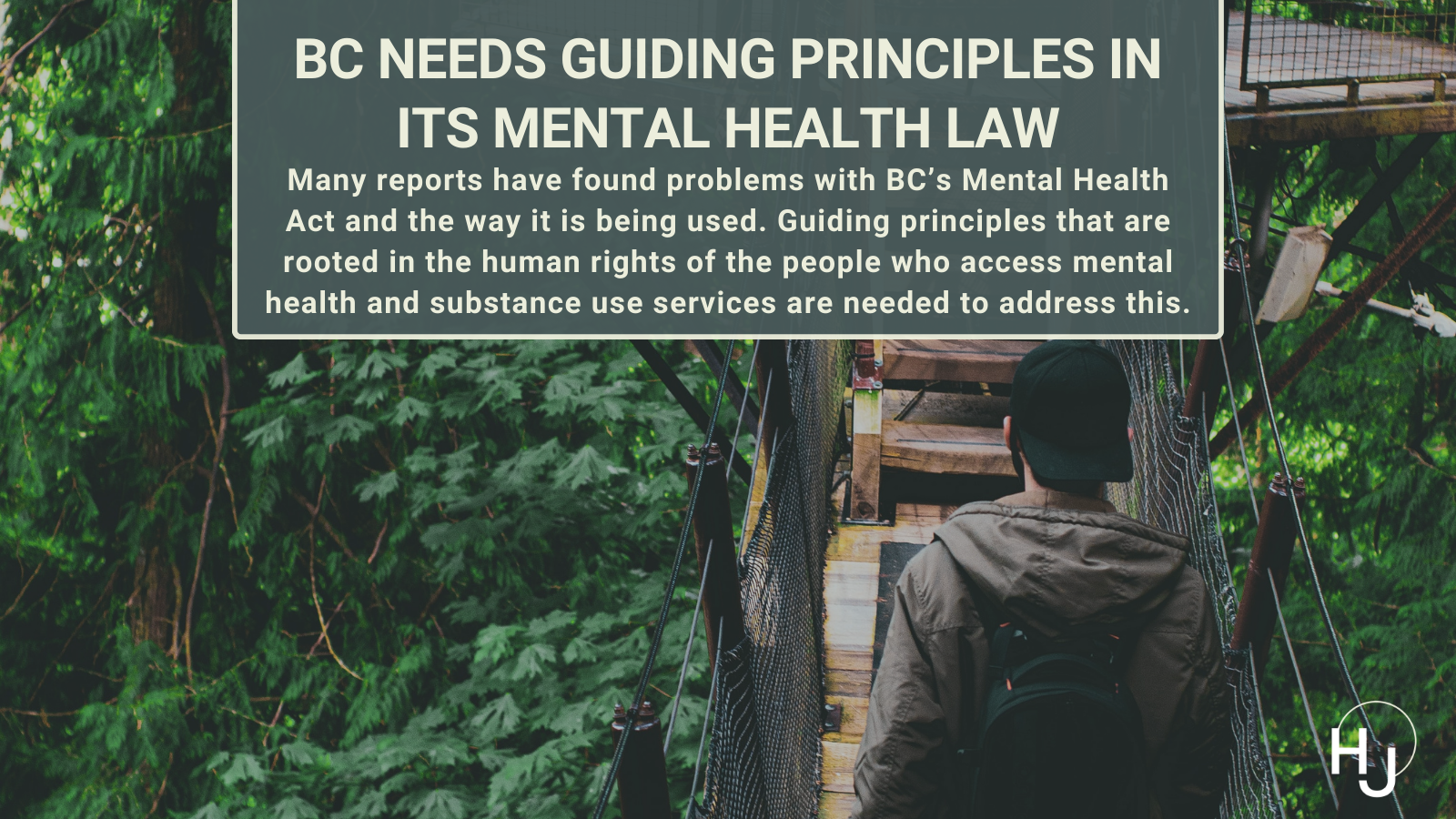
The Missing Stories in Long-Term Care: Involuntary Treatment and Consent
When people think about BC’s Mental Health Act (MHA), they often picture hospital-based psychiatric treatment. But involuntary care doesn’t always end when someone leaves the hospital.
Under the MHA, people placed on “extended leave” can be transferred to long-term care (LTC) facilities and remain involuntary patients, still subject to deemed consent, treated as though they do not have the right to refuse psychiatric treatment or medication. For people living in these settings, this can create a complex and deeply concerning landscape of reduced autonomy, over-medication, and systemic silence.
Health Justice has launched a new project, to understand the impacts of involuntary treatment in LTC and to advocate for change rooted in the lived and living experiences of those most affected. This includes people with dementia, other diagnoses, and their families, many of whom experience powerlessness, fear, and exclusion in the face of institutional care.
-
Involuntary psychiatric treatment under the MHA means that a person’s right to make decisions about their own care is removed. In LTC, this often plays out in subtle and sometimes invisible ways:
Antipsychotic medications may be prescribed and administered without clear consent, even when they pose serious risks.
Families may be shut out of decision-making, unable to access information about what’s happening.
Decision-making planning decisions, like representation agreement or advanced directives, may not respected.
People with dementia may be seen as “too far gone” to participate in conversations about their care or their rights, even when they have periods of clarity and can self-advocate and deeply held values.
Staff and systems often lack trauma-informed and rights-based frameworks to engage with residents and their families in meaningful, supportive ways.
-
This project is not just about policy or legal reform, it is about care. It’s about recognizing that people living in LTC are too often treated as invisible or incapable, and that involuntary treatment can add layers of harm and disconnection. Our approach includes:
Ongoing consent that is verbal, relational, and responsive
Engagement methods that adapt to the individual’s communication style, timing, and comfort
Gentle inclusion of caregivers as bridges to the voices of people with lived experience
Respect for silence, humour, sensory needs, and the power of peer connection
Refusal to treat people like “subjects” and commitment to recognizing them as full humans with stories, grief, and strength.
-
Through this work, we hope to better understand:
How involuntary treatment is being used in LTC, and why
What role consent, medication, and institutional culture play
What rights-based, person-centred alternatives are possible and already being practiced
How law, policy, and practice can shift to honour the dignity and autonomy of people in LTC
The Project: A Two-Phase Approach
Phase One: Wisdom-Led Design
In this first phase, we are meeting with advisors, including people with lived experience of involuntary treatment and people with dementia who may also be caregivers for those in LTC, to co-create a safe, accessible, and relational engagement process. Their insights are helping us shape:
How to reach people meaningfully, especially in care settings
How to engage individuals who may not communicate using words
How to include family members without speaking over or for the person at the centre
How to honour the values and dignity of each person, even when they’ve been silenced by the system
“You don’t build trust by showing up once. You build it like you would with a friend. And if we do that, people will open the door.” — Advisor
Advisors have emphasized that engagement must be slow, grounded, and built on trust. It must prioritize wellbeing, emotional safety, and consent. And it must result in something meaningful, not extractive.
Phase one also included a literature review and initial legal research to understand the context of LTC.
Phase Two: Ethical, Relational Interviews
In the next phase, we will begin direct outreach to individuals in long-term care and their supporters. Using the framework designed in Phase One, we will work to connect with residents in ways that are respectful, and consent based. We will also speak with family members and support people to help paint a fuller picture of what care has looked and felt like.
Interviews will be grounded in the values shared with us by our advisors: dignity, choice, kindness, and curiosity. We will offer small honoraria, follow up with gratitude, and ensure that what is shared is never treated as “data,” but as wisdom that will guide our work.
Looking Ahead
This project is part of Health Justice’s broader commitment to centring the wisdom of those most impacted by BC’s mental health laws. As always, we are guided by people with lived and living experience, and we walk at the pace of trust by taking the time to build relationships and working in a way that works best for participants. We will also continue responsive legal research and human rights analysis to understand and document how structural changes to law and policy can better support the dignity and wellbeing of people living in long-term care.
If you work in long-term care, have a loved one experiencing involuntary treatment while in long-term care, or have your own experience of involuntary treatment while living in long-term care and you would like to learn more, we welcome you to connect with us.
This Health Justice project is funded by the Conconi Family Foundation.





